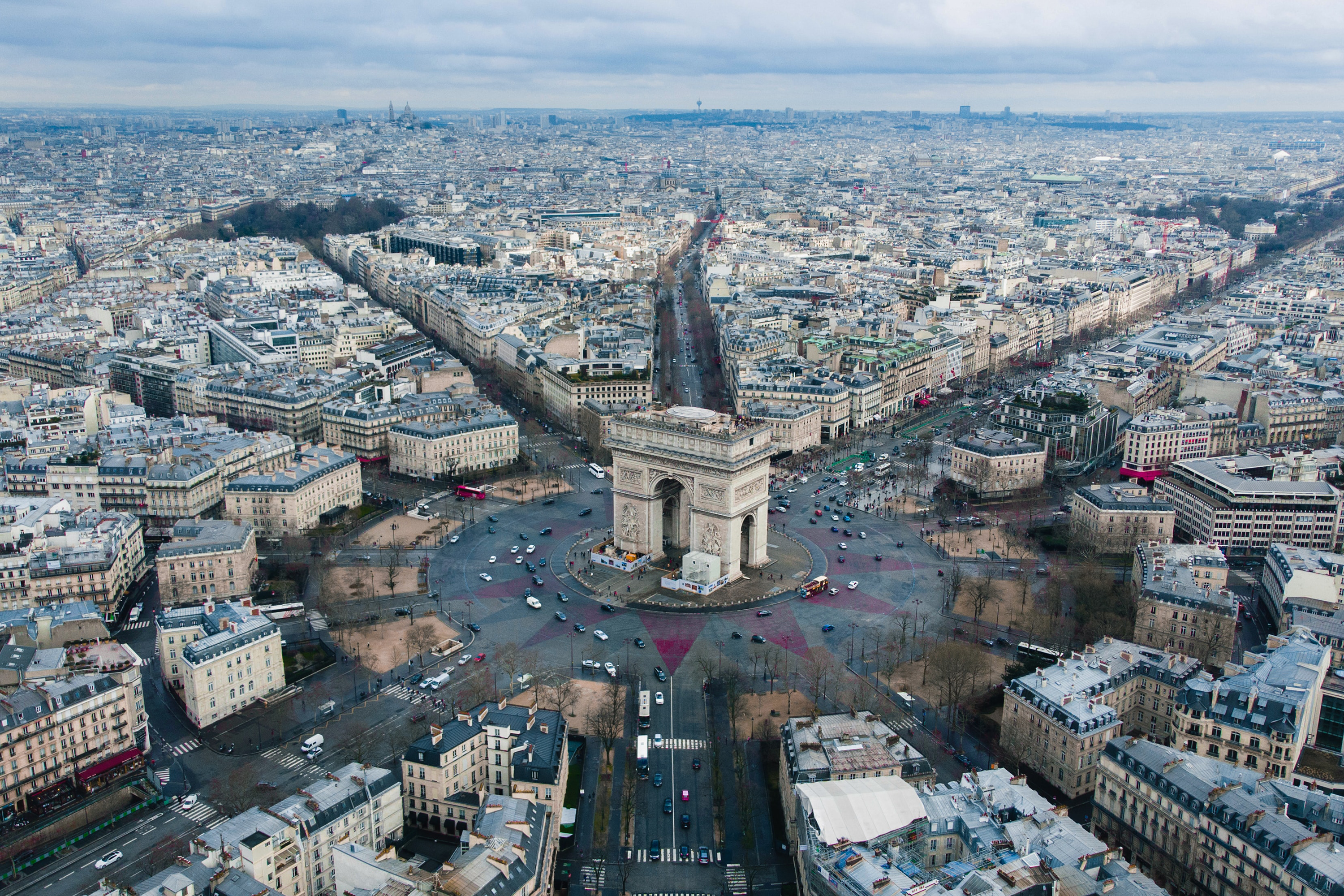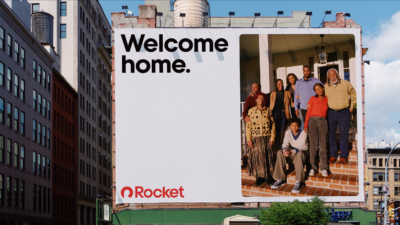Paris Residents Still Waiting on Huge Demand for Olympics Rentals
Residents have watched their dreams for a huge windfall dwindle as a glut of listings has come on the market, driving rental prices lower.

Sign up for smart news, insights, and analysis on the biggest financial stories of the day.
The Summer Olympics begin in about three months, with 15 million people expected to descend upon Paris in late July, offering a short but intense opportunity for the city’s residents and merchants to profit off the surge.
But Parisians looking to rent out their apartments and earn la fortune have so far been disappointed.
Paris Is Cooling
The problem appears to be another case of supply and demand — and we’re talking way, way too much supply. The Financial Times reported over the weekend that city residents have watched their dreams for 2x-3x profits dwindle as a glut of listings has come on the market, driving rental prices lower. The FT said that data firm AirDNA found that only about one-third of available Airbnb rentals in the metro area have been booked for the Games, with 3,000 to 3,500 new listings hitting the market each month. That’s hurt the prospects for some extra cash for residents who planned on fleeing the city during the Games, which coincide with France’s traditional August holiday period:
- For many residents, it may just be a matter of lowering the price. According to AirDNA the average nightly price being asked by potential Airbnb hosts is 594 euros ($633), while the average rate for booked accommodations is 323 euros ($344).
- Hotels have started to drop prices, too, the FT said, as they compete with the surge in available bookings, many from first-time listings. Paris has only added about 2,000 hotel rooms for the Games, compared with the 7,000 that London built in 2012.
Buyer’s Remorse: We’re entering those last few anxious weeks where many residents and officials of host cities start to wonder, “Was getting these Games worth it?” But for many locales, hosting future Games is a nonstarter as staggering infrastructure costs become an increasingly tough sell. It was less than 10 years ago, for example, when Boston residents turned on the idea of hosting the 2024 Games when critics pounced on a contract clause that put local taxpayers on the hook for any cost overruns. Not exactly a selling point for anyone with the faintest knowledge of the city’s Big Dig.











